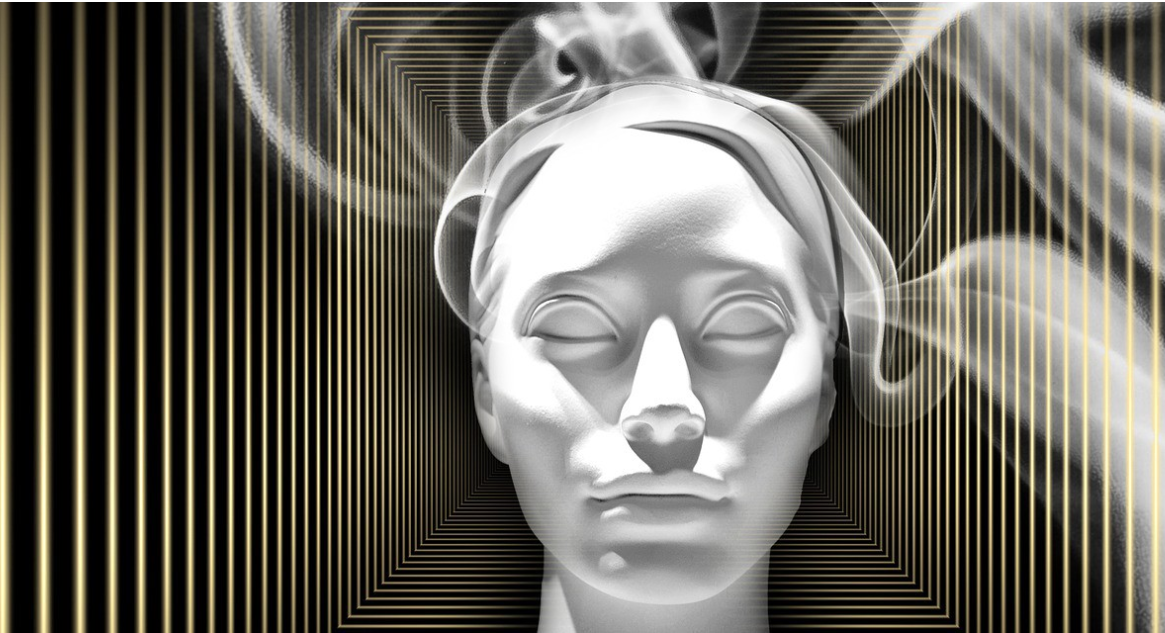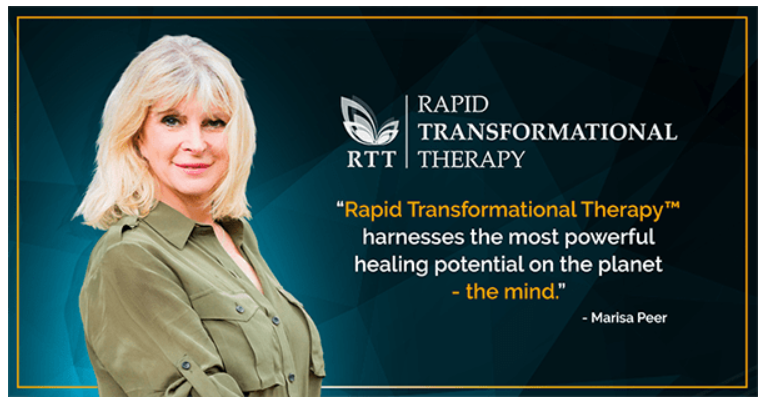Have you ever confused the words subconscious and unconscious? You’re not alone. It’s common to hear them used as if they mean the same thing, which can be pretty confusing.
But are they really different? Absolutely, and understanding this difference is key to unlocking our minds’ full potential.
Let’s dive deep into what sets the subconscious and unconscious minds apart.
We’ll explore the insights of famous thinkers like Sigmund Freud, who introduced these concepts, and Marisa Peer, who offers a modern take on how these parts of our mind work.
Plus, let’s discuss the inner battles our minds face and share some powerful tips on achieving your goals by tapping into the right part of your mind.
What is an Unconscious Mind?
Imagine your mind is like an iceberg floating in the ocean. What you see above the water is just a small part of the whole iceberg, right?
Well, your unconscious mind is like the huge part of the iceberg that’s hidden underwater. It’s the part of your mind that you don’t think about because it’s doing its job without you even noticing.
The unconscious mind is super busy all the time. It keeps your heart beating, makes sure you breathe without thinking about it, and even influences your feelings and decisions without you realizing it.
It’s like a hidden control room that helps you do a million things without having to stop and think about each one.
So, when we talk about the unconscious mind, we’re talking about a powerful part of you that takes care of the big stuff in the background so you can focus on the day-to-day things like deciding what to eat for breakfast or which movie to watch.
Freud used the analogy of an iceberg to explain the different parts of the mind.
Source: Pexels
The conscious mind is above the surface and consists of processes we are aware of. For example, you will be aware you are hungry and so will eat.
The preconscious mind sits just below the surface and contains thoughts we are not actively aware of but can draw into the conscious mind when required. An example would be your home address or date of birth.
The unconscious mind is not accessible to the conscious mind but influences our feelings, urges, and behavior. In Freud’s theory of the mind, the unconscious mind contains our past hurts, traumas, and pain that we have repressed. It also holds your deepest desires.
What is a Subconscious Mind?
Think of your subconscious mind as a behind-the-scenes helper in your brain.
It’s always working, even when you’re not thinking about it. Imagine you’re walking, tying your shoes, or riding a bike without really focusing on every move you make.
That’s your subconscious mind at work! It stores all the stuff you’ve learned so well that you don’t need to think about it anymore. It’s also where your feelings, memories, and dreams hang out, influencing you in ways you might not even notice.
For example, when you suddenly feel happy hearing a certain song, your subconscious mind reminds you of a good memory. It’s pretty amazing how it helps you every day without you even realizing it!
Although Freud did not include the subconscious in his theory of the mind, it is commonly used in therapy.
Psychology writer George J. Ziogas describes the subconscious as having “immense power in controlling your life experiences… your subconscious is like the auto-pilot on an airplane.
Source: Pexels
It has been pre-programmed to follow a specific route, and you can’t deviate from that route unless you change the directions that are programmed into it first.”
The subconscious sounds very similar to the unconscious. Freud actually used subconscious and unconscious interchangeably to start with before later sticking with the unconscious.
The Subconscious Mind and Dreams
Your subconscious is always recording and storing your experiences, thoughts, and feelings—even while you sleep. Because of this, your subconscious has a huge influence on your dreams.
When you are asleep, the conscious mind sleeps, but the subconscious mind is always awake.
The subconscious thinks differently from the conscious, too, using visual elements, symbols, and metaphors. That is why dreams tend to be abstract and difficult to make sense of.
However, they do often relate to our real-life experiences.
The Battle Between the Subconscious and Conscious Minds
| Feature | Subconscious Mind | Unconscious Mind |
|---|---|---|
| Role | Helps with habits, automatic skills, and emotions. | Stores repressed memories and deep-seated feelings. |
| Activity | Active in both conscious moments and in dreams. | Operates outside of our conscious awareness. |
| Influence | Influences choices and feelings based on learned behaviors. | Influences behavior based on past experiences, often without us knowing. |
| Access | It can be accessed and influenced by mindfulness, repetition, and positive affirmations. | Harder to access directly and often requires therapy or deep introspection to uncover. |
| Examples | Riding a bike, reacting emotionally to music, habits. | Deep fears, unresolved trauma, instinctive reactions. |
| Dreams | Dreams may reflect desires, aspirations, or processing daily events. | Dreams can sometimes bring to the surface repressed memories or feelings. |
As mentioned at the beginning of the article, there is often a conflict between one’s conscious and subconscious beliefs.
It can be explained as a battle between logic and emotion. Phobias, for example, are rooted deep in your subconscious and influence your behavior. While your conscious mind can understand that your fear is irrational, that is not enough to change your behavior.
The emotion stored in your subconscious is much stronger than a conscious reason.
Globally acclaimed therapist Marisa Peer explains that the first job your mind has is to survive, to keep you alive as long as possible. It does this by steering you towards pleasure and away from pain.
“Your mind is highly influenced by the words and pictures you put in it. It loves what is familiar and prefers to avoid anything unfamiliar.” Marisa says.
This is why we struggle to change bad habits such as unhealthy eating. Even though you know fresh vegetables are better for you, if your mind is used to sugar and high-fat food, it will steer you towards the unhealthy option as it is familiar.
Find more advice on how to overcome unhealthy eating habits here.
Until you tap into the subconscious and address the memories, trauma, and pain you have repressed, your pattern of behavior will not change.
Quick Links:
- Marisa Peer Uncompromised Life Course Review
- Robin Sharma Hero Genius Legend Course Review
- Ultra Manifestation Review
- Productivity Hacks That You Must Follow
- How to Clear Your Mind of Unwanted Thoughts
- How to Find Peace of Mind
- Havening Techniques To Reduce Stress By Paul McKenna
- Top Katheryn Winnick Quotes
- Useful & Easy Steps To Improve Concentration
Conclusion: Subconscious vs Unconscious Mind
So, when we talk about the subconscious and unconscious minds, it’s not really about which one is more powerful. Think of them as two players on the same team, each with their own special skills.
The subconscious is like your day-to-day helper, managing habits and feelings and making life smoother. The unconscious is deeper, holding secrets and big feelings you might not know about.
Together, they shape who you are and how you act. It’s like having a super team inside your head, with each part doing its bit to help you live your best life.
Understanding them both can make you stronger and more in tune with yourself.








